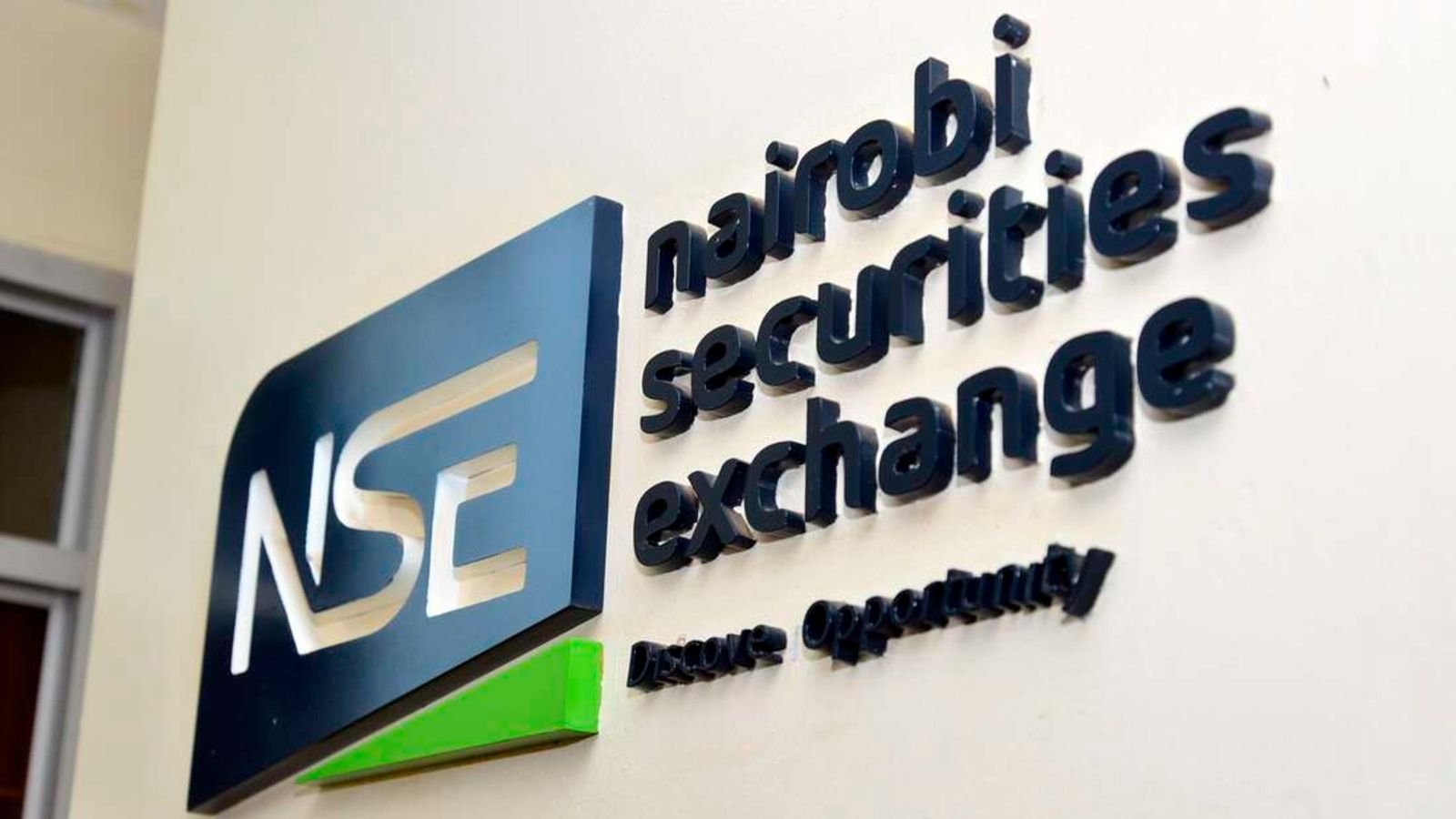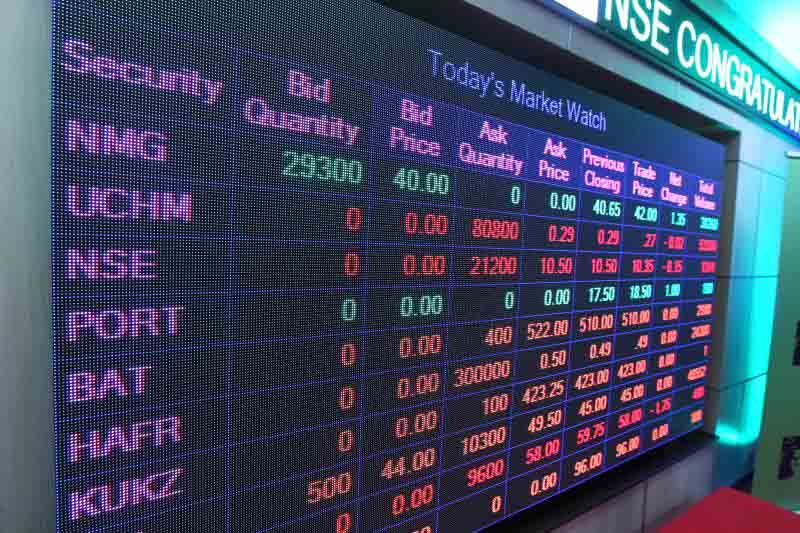
What is the Best Time to Invest in NSE?
The Nairobi Securities Exchange (NSE) is the heartbeat of Kenya’s financial ecosystem, providing a critical platform for companies to raise capital while allowing investors to grow their wealth. With its expanding influence across Africa, the NSE has gained global attention, especially in 2024 when it was recognized as one of the top-performing markets in the region.
We explore how the NSE operates, its recent developments, and expert-backed strategies to identify the best time to invest.
How Does the Nairobi Securities Exchange Work?
1. Structure of the NSE
The NSE operates as a regulated marketplace for trading financial instruments, including stocks, bonds, and derivatives. Its primary goals are to facilitate capital formation and ensure a transparent trading environment.
The exchange is categorized into:
- Main Market Segment (MMS): Targets large, established companies.
- Alternative Investment Market Segment (AIMS): Supports small- and medium-sized enterprises (SMEs).
- Growth Enterprise Market Segment (GEMS): Designed for start-ups with high growth potential.
Each segment adheres to strict listing requirements set by the Capital Markets Authority (CMA), ensuring investor protection and market credibility.
2. Key Players in the NSE Ecosystem
- Investors: Retail and institutional investors participate by purchasing and selling securities.
- Listed Companies: Firms issue shares or bonds to raise funds for expansion.
- Brokerage Firms: Licensed intermediaries that execute trades for clients.
- Regulatory Bodies: The CMA oversees NSE operations to maintain market integrity.
3. Trading Mechanisms
The NSE employs an automated trading system that matches buy and sell orders in real-time. Investors can monitor prices through platforms like the NSE website or mobile applications offered by brokers.
Recent Performance and Developments
In 2024, the NSE experienced significant growth, fueled by stabilizing macroeconomic conditions and strategic policy interventions.
Highlights from 2024:
- Market Turnaround: The NSE emerged as Africa’s best-performing stock exchange in 2024, with gains driven by undervalued equities and favorable government reforms.
- Foreign Investments: Firms like BlackRock have increased their stake in Kenya, signaling international confidence in the NSE.
- Sector Performance: Key sectors such as banking and agriculture recorded impressive recoveries, attracting more investors.
Factors Influencing the NSE’s Performance
1. Macroeconomic Trends
- Inflation Control: Government efforts to stabilize inflation and the Kenyan shilling have improved investor sentiment.
- Interest Rates: Adjustments in the Central Bank of Kenya’s lending rates directly influence market liquidity.
2. Government Policies
The partial repayment of Kenya’s Eurobond in early 2024 has reduced fiscal pressure, strengthening the market. Additionally, tax incentives for listed firms have spurred local investments.
3. Global Economic Shifts
While developed markets attract significant capital flows, Africa’s growth story, with Kenya at the forefront, is drawing attention from global investors.
When Is the Best Time to Invest in the NSE?
The best time to invest in the NSE depends on various factors, including market cycles, economic conditions, and individual financial goals.
Key Investment Timings:
- During Market Corrections
Market downturns often present buying opportunities as stock prices become undervalued. - Ahead of Dividend Announcements
Companies with strong performance histories often declare dividends, leading to a surge in stock demand. - Economic Recovery Phases
Periods of economic stability, such as the post-pandemic recovery in 2024, are ideal for investing. - Sector-Specific Growth
Investors should watch for emerging trends in high-growth sectors like technology and renewable energy.
Investment Tips for Success
1. Diversify Your Portfolio
Investing across multiple sectors minimizes risks associated with market volatility.
2. Research and Analysis
Leverage tools like the NSE website and reports from financial analysts to make informed decisions.
3. Long-Term Focus
While short-term trading can be lucrative, long-term investments often yield better returns.
4. Work with Professionals
Consult licensed brokers or financial advisors for tailored investment strategies.
Recent Challenges and Future Prospects
1. Challenges in 2023
The NSE faced hurdles in 2023 due to high inflation, depreciating currency, and fiscal uncertainties. However, the partial repayment of Kenya’s Eurobond in 2024 has addressed many of these issues.
2. Prospects for 2024 and Beyond
With ongoing reforms and a focus on digital transformation, the NSE is poised for sustained growth. Its expansion into green bonds and technological innovations like blockchain-based trading systems signals a brighter future for investors.
Also Read: 7 Best Performing Money Market Funds (MMF) in 2024
The Nairobi Securities Exchange remains a cornerstone of Kenya’s financial landscape, offering numerous opportunities for wealth creation. Whether you’re a seasoned investor or a newcomer, understanding the NSE’s operations and timing your investments strategically can yield significant returns.

FAQs
What is the Nairobi Securities Exchange (NSE)?
The NSE is Kenya’s primary stock exchange, offering a platform for trading stocks, bonds, and other securities. It enables companies to raise capital and provides investors with opportunities to grow their wealth.
How do I start investing in the NSE?
To invest in the NSE, you need to:
Open a Central Depository System (CDS) account through a licensed broker.
- Deposit funds in your trading account.
- Select and purchase shares or other securities listed on the NSE.
What are the main indices on the NSE?
The key indices include:
- NSE 20-Share Index: Tracks the performance of 20 blue-chip companies.
- NSE All-Share Index (NASI): Represents the overall market performance.
How do I know which stocks to invest in?
Research company performance, sector trends, and market reports. Tools like the NSE website, financial blogs, and investment platforms provide insights. Diversifying your investments across sectors is also recommended.
Is investing in the NSE risky?
Yes, like any stock market, the NSE carries risks due to market volatility, economic shifts, and geopolitical factors. However, careful research, diversification, and long-term strategies can help mitigate these risks.
What are the trading hours for the NSE?
The NSE operates Monday to Friday, from 9:30 AM to 3:00 PM East Africa Time (EAT), excluding public holidays.
Can foreign investors trade on the NSE?
Yes, the NSE is open to foreign investors. Many international firms invest in Kenyan stocks due to the country’s growing economy and potential for high returns.
What sectors dominate the NSE?
The NSE lists companies across various sectors, including banking, agriculture, energy, telecommunications, and manufacturing. Banking and telecommunications have historically shown strong performance.
What recent developments have impacted the NSE?
In 2024, the NSE achieved significant growth due to stabilized inflation, a strong shilling, and increased foreign investment. High-profile investors like BlackRock have entered the Kenyan market, boosting confidence.
When is the best time to invest in the NSE?
The ideal time to invest is during economic recovery phases, when stock prices are undervalued, or before companies announce dividends or major expansions.
What is the minimum amount needed to invest in the NSE?
There is no fixed minimum, but investments depend on the price of shares or bonds. Some stocks are available for as little as Ksh 10 per share, making the NSE accessible to most investors.
Are there tax implications for investing in the NSE?
Yes, investors are subject to:
- Capital Gains Tax (CGT): A 5% tax on profits from selling shares.
- Withholding Tax: 5% on dividends for residents, 10% for non-residents.
What are the benefits of investing in the NSE?
- Potential for high returns.
- Diversification opportunities.
- Dividend income.
- Access to Kenya’s growing economy.
14. How can I monitor my investments on the NSE?
Use brokerage platforms, mobile apps, or the NSE website to track prices, market indices, and portfolio performance.





